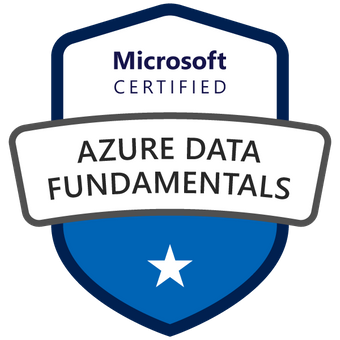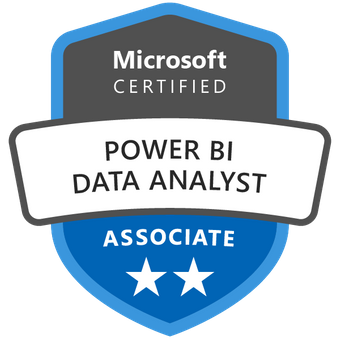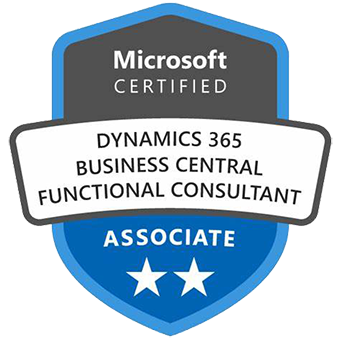Category: MS SQL Server
Leveraging SQL Schema Compare in Visual Studio for Efficient Database Management
Admin, January 2, 20242009 Views
In the dynamic landscape of database management, maintaining and evolving database schemas is a critical aspect. Visual Studio provides a powerful platform for managing these tasks efficiently. In this blog post, we’ll explore the ins and outs of using SQL Schema Compare for altering, creating, and deleting objects, and discuss why Visual Studio is a […]
Read moreTravel Insurance Industry’s Email Problem
Inkey, February 23, 2023750 Views
The one thing that anyone working in the travel insurance industry will say is difficult to deal with is the number of emails that they receive. They may hit that sweet spot, the magic number of people that is just right for this task, but they may not be aware of a hidden problem that […]
Read moreCopying environment variables from one environment to another using SQL query
Inkey, October 7, 20223261 Views
As any developer, one always follows the cycle of deployment using different environments, i.e., DEV (for development phase or the underground lab) -> UAT (for testing phase or Racoon city) -> PROD (for real-time application or the world). In SSIS also, we are able to deploy the same SSIS package in 3 different environments, but […]
Read moreMicrosoft SQL Server > Find a specific value in all the tables of a database using T-SQL
Inkey, September 2, 202235636 Views
Often times we find ourselves in a situation where we want to find a particular value but we are unaware of its whereabouts, i.e., we don’t know in which table or column this value is present. Or we want to know in which other tables a particular value is present. Or just if this value […]
Read moreHow to quickly match data of two recordsets in SQL Server?
Inkey, August 10, 20222620 Views
While working with T-SQL, many times we create complex queries, and then we might need to optimize them at some later point of time to reduce the execution time. This activity always demands an approach to compare data for the older and newer version of the T-SQL. And here comes the question – how do […]
Read more













